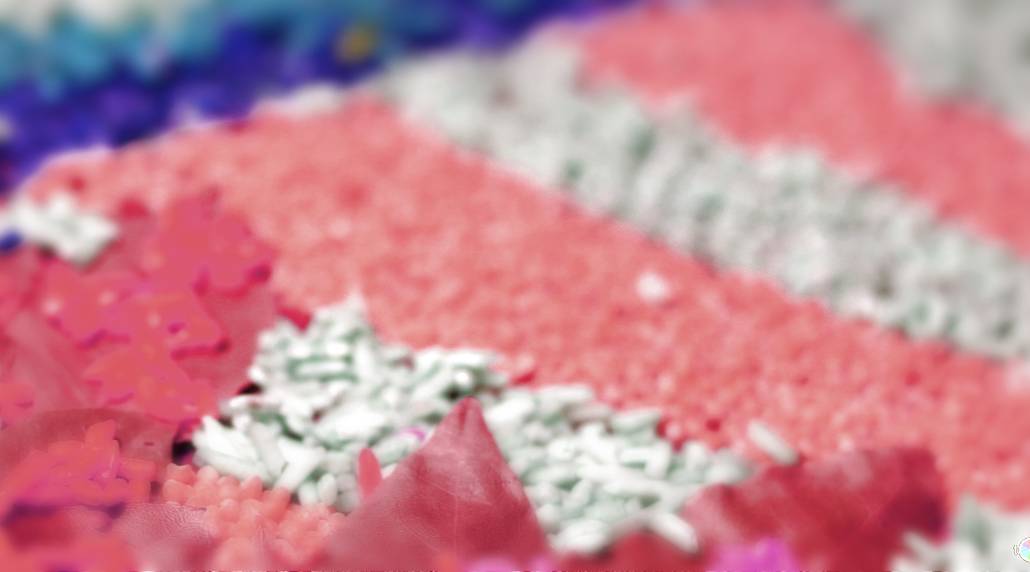One million, one hundred thousand. A chilling figure, behind which lies a reality just as appalling. According to UNICEF, approximately 1,100,000 children in the world are in prison. This is a shocking estimation, an understatement, however, which shows little respect for the International Convention on the Rights of the Child and article 37 thereof, which states: ‘detention shall be used only as a measure of last resort’. In certain countries, children are imprisoned below the age of 13, in others, the death penalty is handed down. International law is flouted and conditions inside prisons are horrific: there is a lack of food and medical care, poor sanitation, overcrowding, a lack of access to education, abuse, and torture. 90% of the children in prison in the world are awaiting trial, with no means of defence. When, in 2008, Hélène and David Muller, both education specialists, flew to Madagascar as part of an international volunteer programme, they discovered the prison rehabilitation centre in the suburbs of Antananarivo, whose nickname ‘zazamaditra’ literally means ‘bad kids’. One hundred boys, aged 8 – 18, live here, subject to acts violating human rights and suffering an acute lack of care. The couple embarked on a social project organised around formal training, and an educational programme and activities, with the aim to improve these children’s living conditions. In the wake of this, in June 2010, they created the association Grandir Dignement
“One in every three minors is imprisoned with the adults”¶
From its inception, the association has joined forces with civil society, local associations, Malagasy State actors, and in particular, the prison service. It is authorised to extend its actions within Antanimora Prison (located in Antananarivo) where one hundred boys are imprisoned in a specific part of the prison for 13 – 18 year-olds. Their mission is to accompany minors in conflict with the law, and ensure their human dignity is respected within the prison and throughout the legal process. Its creed is to speak up for the voiceless in order to help them to get on with their lives. “Our founding principles are those of humanity, independence, impartiality and neutrality,” Hélène Muller says. She has led the battle with a conviction that goes hand in hand with fundamental projects – and she has known how to convince people. Europe and the French Embassy provide the funding. A group of thirty people, including teachers and legal representatives form the Grandir Dignement team in Madagascar. Together they intervene in four institutions in Anatananarivo and Diego-Suarez, working with 250 of the 692 juveniles in prison in the whole of the country, or 4% of the prison population in Madagascar. 80% of them have been remanded in custody for an indefinite period. “One in every three minors is imprisoned with the adults,” she continues. As for the conditions, they conjure up images of another time before Grandir Dignement’s intervention.
**Communal dormitories, one meal a day, no decent sanitary facilities, a yard where life became a matter of survival. Abuse was never far away, identical to what the children had known from birth. **
“Most of them come from the streets. They are homeless, living with their family or on their own in the streets, the have major social and money problems. These young people have committed minor offences – thefts – yet are imprisoned in a country where the age of criminal responsibility is set at 13 years old.” So, Grandir Dignement is present on all fronts, six days a week, wherever and whenever they are most needed, providing legal counselling and educational monitoring, a probation service, education, health, the improvement of prison conditions, food distribution, etc. On the ground, Grandir Dignement has forged links with the other associations intervening in Malagasy prisons.
Part of the force behind new legislation.¶
As well as their direct and tireless interventions with young prisoners, Grandir Dignement is supporting the fight to fast-track legislation to significantly improve the welfare of minors in prison. Its work on alternative measures in close collaboration with the Ministry of Justice have led to the setting up of a probation service, currently in an experimental phase. Its various pleas facilitate a clearer understanding of the situation of juveniles in detention and constitute the documentation and resources necessary for the repeal of new measures and even laws. The association is based on an arsenal of legal, pedagogical and universal tools, such as the Convention on the Rights of the Child, or the United Nations Guidelines for the Prevention of Juvenile Delinquency.
“In fact, we’ve been an active player in the publication of new legislation on minors in conflict with the law in Madagascar, which includes a reduction in detention warrants, alternative measures to detention and the fact that a judge needs to justify any detention of a minor. In Antananarivo there are only four judges for juvenile offenders, which is too few. “As a result, justice often lacks time and means,” says Hélène Muller, who is also behind the creation of the comic strip ‘My rights in prison’ in Malagasy.
Since January 2016, in partnership with the NGO, ‘Prisonniers Sans Frontière’ (PRSF), Grandir Dignement is starting a new programme in Niger with approximately 170 minors in prison in the six institutions where the two associations have a presence. With the same aims in mind, the association has also recently established itself in France, where 700 minors are detained in various institutions.



